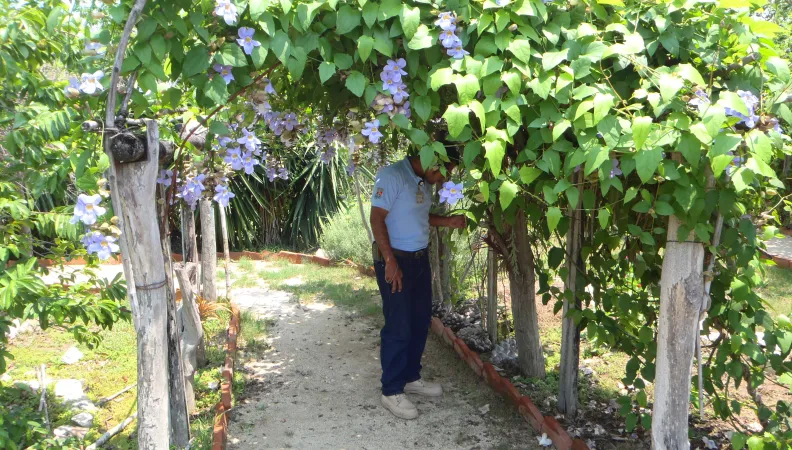Share the page
Preservation and management of wetlands for the metropolitan balance of Mexico City (Xochilmilco)
Project


-
Project start date
-
Status
In progress
-
Estimated date of project termination
-
-
Project financing date
-
-
Financing duration
-
4 years
-
Type of program
-
FFEM
-
Global financing amount
-
€ 3 440 000
-
FFEM financing amount
-
€ 1 550 000
-
Project lead member institution(s)
-
AFD
-
Country and region
-
Mexico
-
Type of financing
-
Beneficiaries
-
District Fédéral de Mexico
-
Type of beneficiary
-
NGO, Foundation
The wetlands in Mexico provide vital services to Mexico City as it adapts to climate change. However, these are under serious threat from increasing urban pressure. The pilot project supported by the FFEM should contribute to the development, preservation and sustainable management of these locations, which are essential to the local balance.
Context
The ecological conservation zone (ECZ) in Mexico City is located in the UNESCO-listed heritage site of Xochimilco, Tláhuac and Milpa Alta. It is a key factor for the balance and resilience of the region, and generates considerable ecological, economic and social benefits. As a biodiversity reservoir, flood-limiting climate regulator, and biocultural heritage site, it provides revenue from both tourism and traditional agricultural activities. However, urbanisation and intensive agriculture are threatening this waterside wetland.
Supported by the FFEM, this pilot project aims to preserve and restore the services provided by the ecological zone to Mexico, before reproducing these trials in the heritage zone. In all, the project combines local economic development, heritage promotion, and environmental preservation.
Description
The project has 3 components:
- Define a sustainable management strategy for the ECZ to provide a summary of prior experiences and issue appropriate management tools to the decision-makers for Mexico City’s southern wetland.
- Preserve and manage the ECZ and supporting local production diversification, to implement practical rapid responses to local issues through governance tools and instruments.
- Communicate, bring institutional support to local authorities and evaluating the effectiveness of the projects in terms of benefit to the population before planning roll-out across the rest of the heritage zone.
Outcomes
- Enhanced implementation of a global and multidimensional approach for supporting the transition towards the sustainable development of a much larger area
- Institutional reinforcement of the ECZ structure by enhancing project management skills with the coordination of stakeholders, action-planning and the definition of a short-, medium- and long-term strategy
- Promotion to residents of the ECZ as the city's last green lung of this size
- Advancing the compatibility of environmental conservation actions with economic activities
Innovative and exemplary features
Supported by the FFEM, this project demonstrates innovation as it aims to fully integrate the wetland into the urban space, in particular through novel regional planning instruments; an approach made possible by the new coordination framework between local public organisations. These organisations are coordinating efforts for the recovery of the wetland systems and the environmental regeneration of Mexico City, which represents a real opportunity for the future of the ECZ and the city’s wetlands.
The investment made by the three institutions will be maintained in the medium term. The goal is to restore environmental conditions for better use of the zone by inhabitants and visitors, as well as improving social wellbeing.


